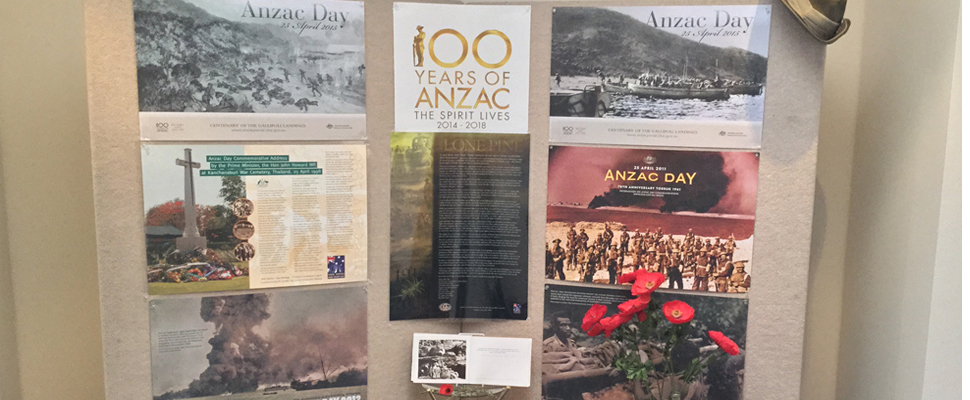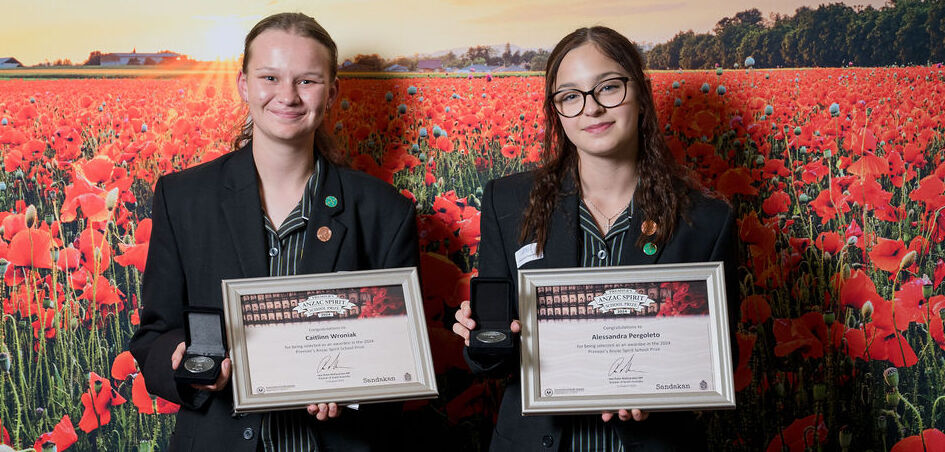
Simon Kelly, historian at Catholic Education SA, reflects on the ANZAC commemoration in this centenary year.
The highest point of the Anzac Legend in this country was arguably reached shortly after the last Anzac and last surviving participant of the Gallipoli campaign, Alec Campbell died in 2002. Prior to that, Anzac Day had been growing more prominent in the Australian public’s psyche as Gallipoli veteran numbers dwindled. In this the centenary year of Anzac, added fervour has been generated by official bodies such as the Australian Government, which conducted the ballot for attendance rights at Gallipoli, and private enterprises such as Camp Gallipoli, whose surplus proceeds will support ex-service organisations here and in New Zealand.
For months we have been alerted to the impending April 2015 ANZAC commemoration by newspaper articles and advertisements, existing and newly-created websites, commercial interests, feature movies and more than one TV mini-series. Anzac has become our civic religion and there are endless ways provided through which we can demonstrate our devotion.
Fortunately, though, it is civil society through ex-service organisations, educational and other such agencies, more so than government and private interests, that is driving the Anzac commemorative process. It is common nowadays for younger children to initiate family participation in dawn services. There appears to be a desire to look beyond distracting ‘Anzackery,’ in search of deeper meaning that a closer understanding of the Gallipoli campaign provides.
On the 19th May 1915, an ill-fated assault by 42,000 Turkish soldiers on the Anzac trenches led to the deaths of 3000 Turkish and 160 Australian and New Zealand troops. The Ottoman losses were so severe a truce was arranged on 24 May so that the bodies could be retrieved for burial. This truce led to the two armies developing a camaraderie and respect for each other’s resolve and bravery. Together, in that bloodstained no-man’s land, they came to recognise their common humanity and a shared abhorrence of war.
In a sense, Anzac Day 2015 marks the beginning of a prolonged and sustained period of commemoration which gives our nation a unique opportunity to engage deeply and meaningfully with her military history, to learn more about her service men and women - past and present - and to really get to know the personal, family, community and national costs that such service carries with it. May we be worthy of this opportunity.
For further information: http://anzacportal.dva.gov.au

Twenty students from Catholic schools in South Australia have been named among the winners in two major state-wide Humanities competitions.
Earlier this year, senior school students from across South Australia were invited to enter the 2024 Premier’s Anzac Spirit School Prize and the Muriel Matters Awards.